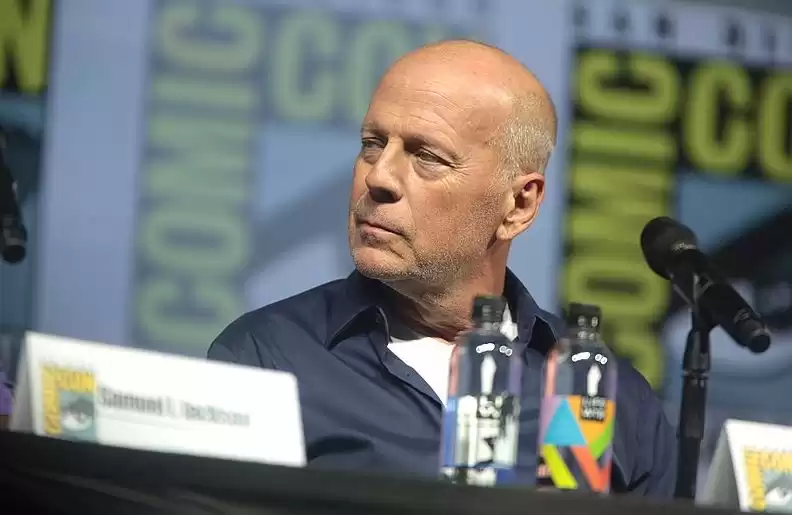
Wendy Williams diagnosed with aphasia and dementia - East Idaho News
Wendy Williams has been diagnosed with progressive aphasia and frontotemporal dementia, according to representatives. CNN has reached out to Williams' family.
7939 NW 21st St
Miami, Florida

Wendy Williams has been diagnosed with progressive aphasia and frontotemporal dementia, according to representatives. CNN has reached out to Williams' family.

Wendy Williams, 59, stepped away from her show due to health issues. Her team aims to correct rumors and raise awareness.

Demi Moore, 61, flaunts toned legs while filming The Late Show. She's promoting her latest project, Feud: Capote vs. The Swans.

Country star Chris Stapleton and his wife Morgane share their secrets to a long-lasting marriage at the 2023 Rock & Roll Hall of Fame.

Bruce Willis, 67, has been diagnosed with frontotemporal dementia (FTD), a rare form of dementia. His friend, Glenn Gordon Caron, revealed that Willis is no longer able to speak or do activities he once loved. Despite this, Caron is grateful that Willis is still himself.

Bruce Willis' wife opens up about his frontotemporal dementia diagnosis, highlighting the challenges and impact on their family.
Ever heard of Frontotemporal dementia (FTD)? It's not as widely recognized as Alzheimer's, but it sure is just as impactful. When you dive into news content about FTD, prepare yourself for a carousel of medical breakthroughs, heartfelt personal stories, and discussions about the societal implications of neurodegenerative diseases.
Now, think about this: What happens when the parts of your brain responsible for social interactions and decision-making start to fray? That's the perplexing reality for those living with FTD. And that’s exactly what makes up today’s conversation on this topic.
We see updates on clinical trials testing promising new treatments, which give us a glimpse into a future where perhaps we can fold FTD back like an unwelcome letter. You'll read visionary insights from researchers tirelessly working at unlocking better diagnostic tools—imagine being able to spot FTD through innovative imaging or biomarkers before its riddles become too tough!
Besides the science talk, there are powerful narratives from individuals bravely facing their diagnoses. Isn't it humbling how these stories provide context beyond cold facts? They foster curiosity in our collective understanding and build empathy towards those touched by this condition.
In these articles lie hard conversations too—like how society supports people with dementia. Are current policies enough? Do caregivers have adequate support networks? Here we don’t shy away from rhetorical questions; instead they propel our discussion further.
Last but not least, remember that while words carry knowledge best expressed lively and simply – like I am currently doing – they cannot depict everything; especially when dealing with conditions such as heartbreaking yet fascinating as frontotemporal dementia. News under this topic isn't just informative; it offers windows into human resilience and casts light onto paths laced by both complexity and hope.